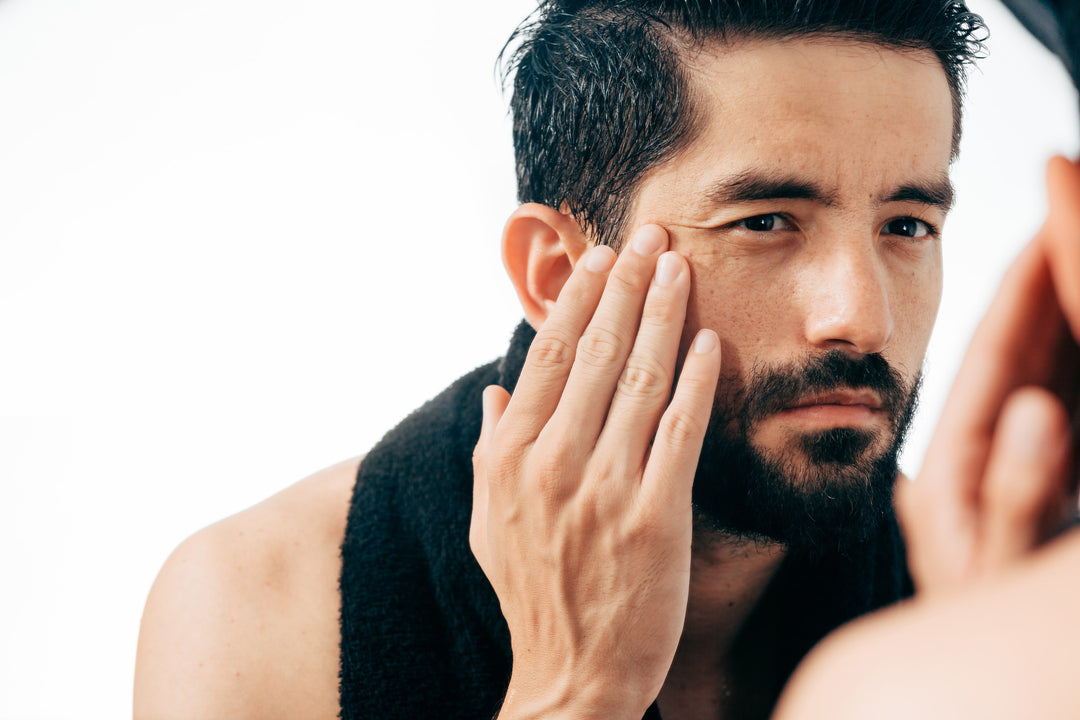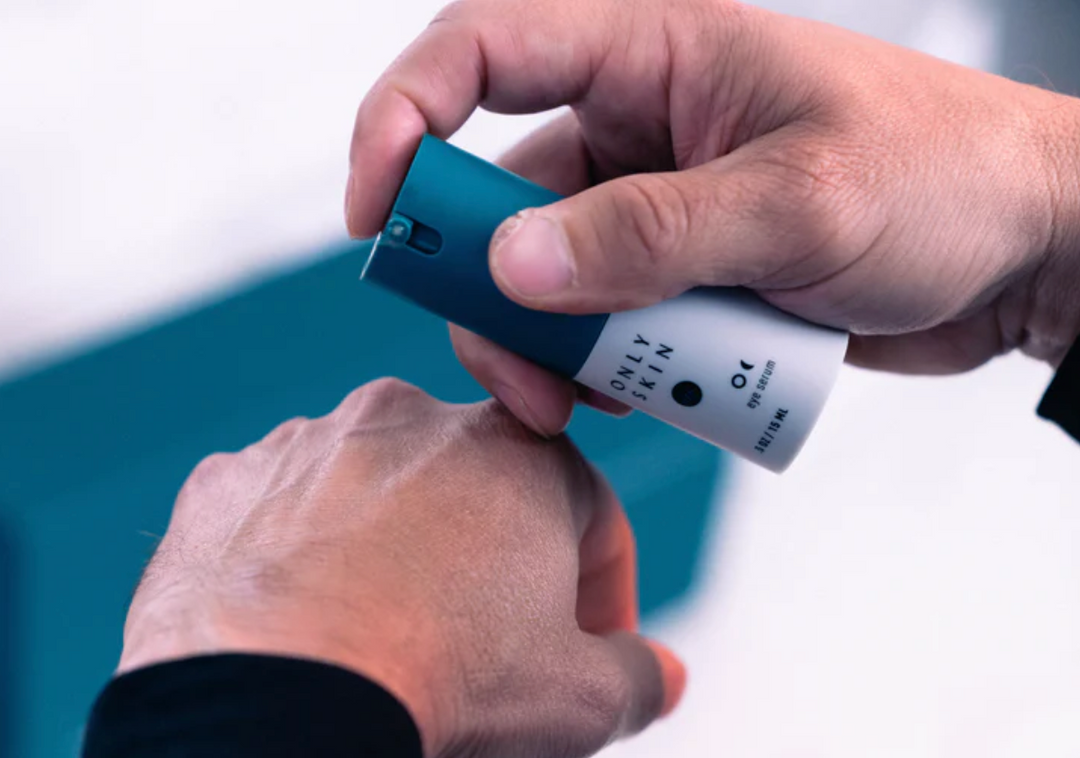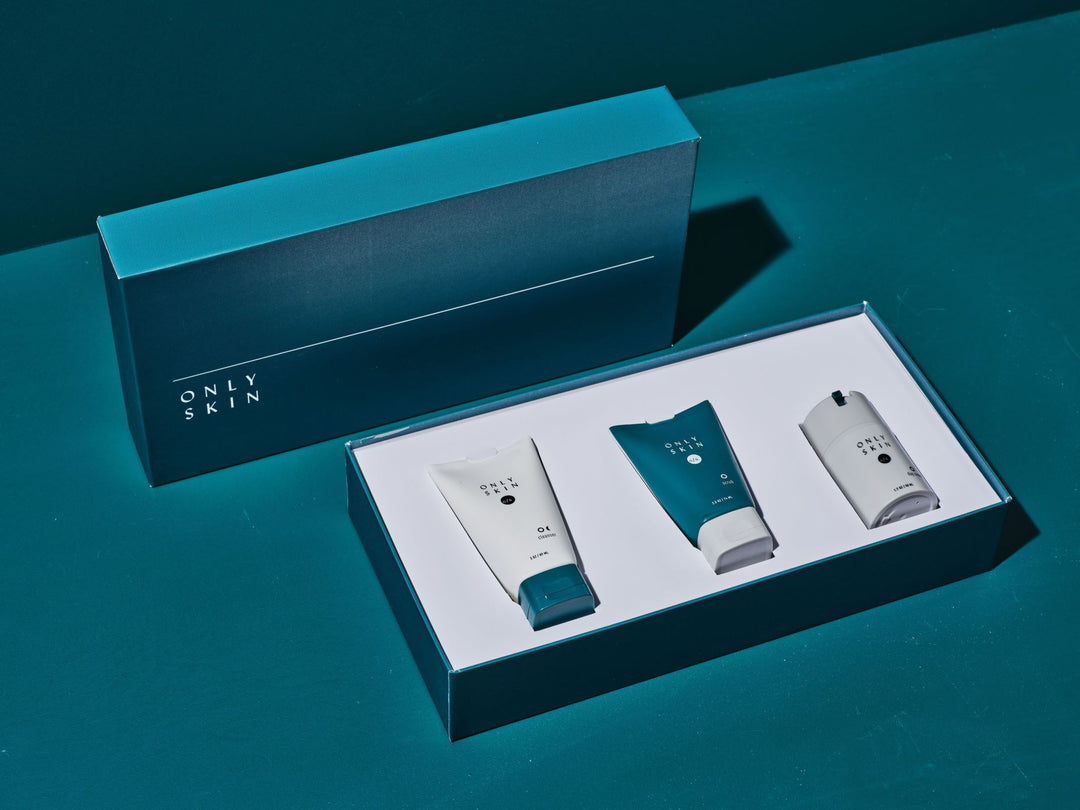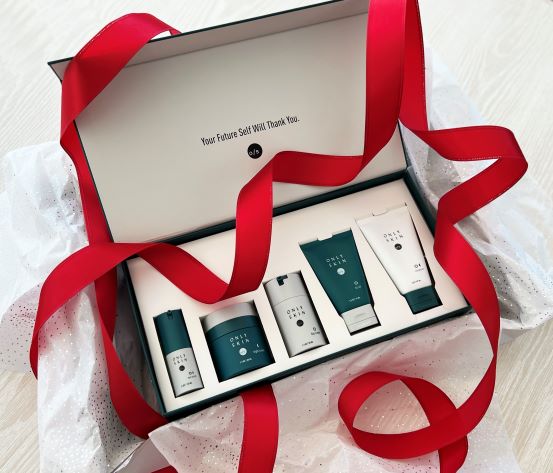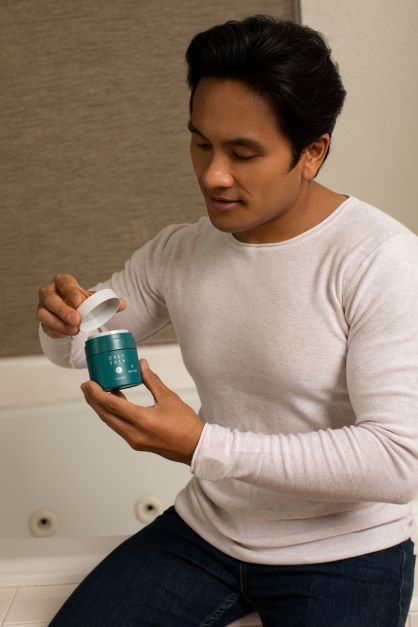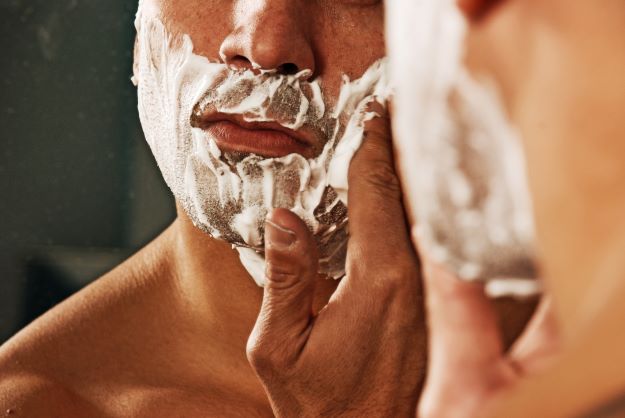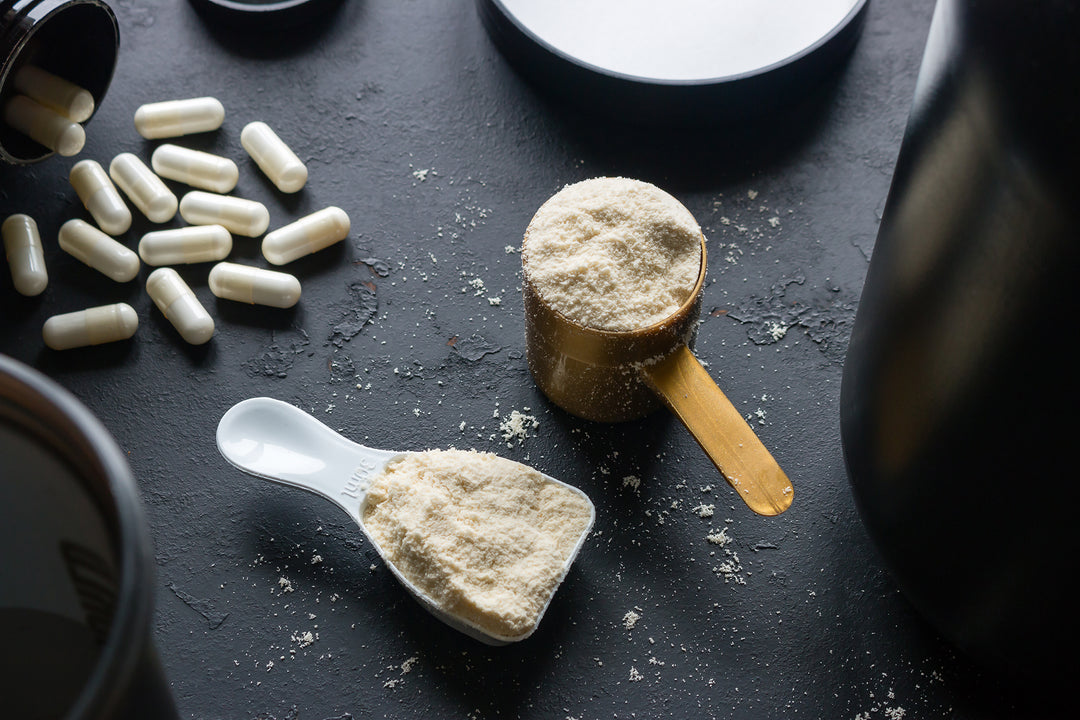Let’s face it, moisturizer is (or should be) one of the basics of your skincare routine. Our skin loses water and natural oils daily due to heat and environmental exposure. Therefore, restoring hydration to your skin is necessary by using a moisturizer. But there are various types of moisturizers available on the market. In order to choose the right moisturizer for you, it is essential first to know the various forms of moisturizers.
A moisturizer can refer to various items, including lotions, gels, creams, and ointments. Moisturizers retain moisture in the skin. They vary slightly from one another. A gel frequently contains water and feels lighter on the skin than a lotion. The cream is more moisturizing than a lotion or gel because it is thicker and contains more oil. The most potent treatment for dry skin is an ointment because it is the thickest of all the options. These moisturizer emollients keep your skin soft and silky.

Types of Skin
Your skin type and the degree of dryness you're feeling will determine the best moisturizer for you. The protective barrier that moisturizer creates keeps your skin hydrated and healthy. A comprehensive skincare routine involves daily moisturizing and sun protection to combat free radicals and ward off sun ultraviolet (UV) rays. If you want to ensure you're using the right products for your face, it's critical to understand your skin type. A water-based solution will probably not be helpful for very dry skin; instead, dry skin will benefit from heavier moisturizers that can absorb as much moisture as possible.

Normal Skin
Most younger people only need moisturizer if they have normal skin and suffer seasonal dryness. Age, however, causes the skin to hold less moisture and require more support.The truth is, anyone 50 years of age and older should use a cream-based moisturizer.
Dry Skin
If your skin is already dry and the winter is worsening, avoid using lotion and choose something more potent and effective. Someone with dry skin will want to start with a cream or ointment and skip lotions entirely because creams offer more moisture to the skin and preserve more water than lotion. Our Only Skin Day Cream is perfect for those who suffer from dry skin since we’ve added ingredients like squalane and avocado oil to hydrate and lock in moisture all day long.

Oily Skin
Using too much moisturizer can clog pores and produce acne for some people. Acne can also lead to discoloration and hyperpigmentation in those with dark skin tones like black or brown. Consider omitting the moisturizer or using a hydrogel lighter than other varieties.
Combination Skin
People with combination skin typically have oily skin in the "T-zone," which is the T-shaped region of their faces that comprises their forehead, nose, and chin. These patients should treat each area of their faces separately, moisturizing the dry areas and avoiding the oily ones. Because your nose probably never needs moisturizer, some people never apply moisturizer to the center of your face.
Sensitive Skin
Sensitive skin types are more prone to irritation by different chemical constituents in moisturizers. They are more likely to benefit from a natural product containing organic moisturizers. Aloe vera is soothing to the skin and also helps moisturize it. Thus, organic products would be the go-to for sensitive skin types. All of our Only Skin products are considered clean skincare, meaning we don’t use harsh chemicals, parabans or synthetic fragrances that could irritate sensisitve skin.
When you are choosing a moisturizer it makes sense to have one that is lighter for daytime use and one that is more moisturizing for night time use. For the best skin moisturization and protection from dryness, use the Only Skin Day Cream and Only Skin Night Cream for moisturizing, hydrating and repairing your skin while you sleep.
Written By: The Only Skin Team
References:
-
Sethi, Anisha et al. "Moisturizers: The Slippery Road." Indian journal of dermatology vol. 61,3 (2016): 279-87. doi:10.4103/0019-5154.182427
-
Potts, R O et al. “Changes with age in the moisture content of human skin.” The Journal of investigative dermatology vol. 82,1 (1984): 97-100. doi:10.1111/1523-1747.ep12259203
-
InformedHealth.org [Internet]. Cologne, Germany: Institute for Quality and Efficiency in Health Care (IQWiG); 2006-. Skin care for acne-prone skin. 2013 Jan 16 [Updated 2019 Sep 26]. Available from: https://www.ncbi.nlm.nih.gov/books/NBK279208/?report=classic
-
Purnamawati, Schandra et al. “The Role of Moisturizers in Addressing Various Kinds of Dermatitis: A Review.” Clinical medicine & research vol. 15,3-4 (2017): 75-87. doi:10.3121/cmr.2017.1363
-
Surjushe, Amar et al. “Aloe vera: a short review.” Indian journal of dermatology vol. 53,4 (2008): 163-6. doi:10.4103/0019-5154.44785


